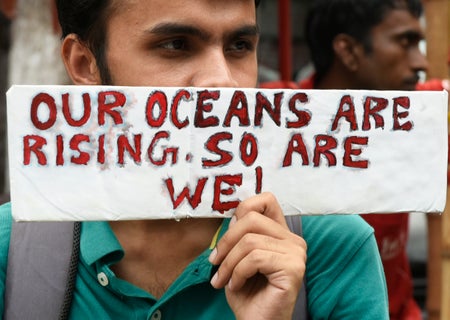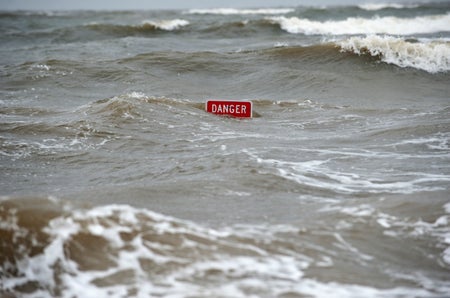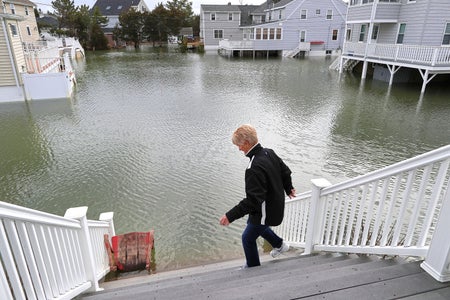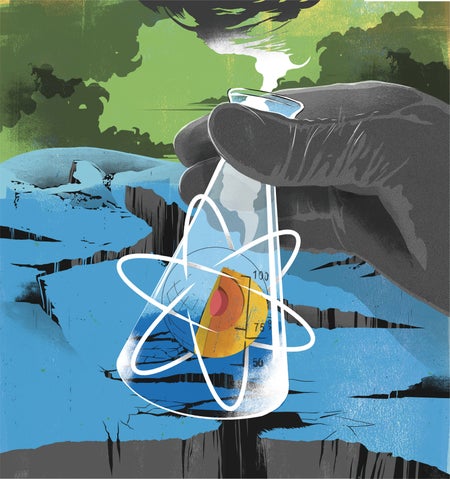
Games Rule the World—And Always Have
Why we’re fascinated by solving mind-bending puzzles, pitching faster fastballs, embodying new characters, playing ancient games, and much more
Jen Schwartz is a senior features editor at Scientific American. She produces stories and special projects about how society is adapting—or not—to a rapidly changing world.

Games Rule the World—And Always Have
Why we’re fascinated by solving mind-bending puzzles, pitching faster fastballs, embodying new characters, playing ancient games, and much more

Introducing 21 Ways COVID Changed the World
The pandemic didn’t bring us together, but it did show us what we need to change the most

Now Is the Time to Reestablish Reality
We need to agree on the evidence—so we can disagree on what to do in light of it

Election Science Stakes: Technology
We wrap up our preelection series with Scientific American senior editor Jen Schwartz, who talks about the possible effects of the election results on technology development and use.

When a Journalist Becomes a Disinformation Agent
Simulation games help newsrooms prepare for covering a chaotic election season

Reckoning with Our Mistakes
Some of the cringiest articles in Scientific American’s history reveal bigger questions about scientific authority

Grief on the Front Line—and Beyond
In their own voices, health care workers from across the country reflect on coping with the coronavirus

Talking Health and Energy at U.N. Climate Action Summit
Scientific American senior editor Jen Schwartz talks with WHO officials Maria Neira and Agnès Soucat about climate and health and with Rachel Kyte, special representative to the U.N. secretary-general for, and CEO of, Sustainable Energy for All.

How to Defraud Democracy
A worst-case cyberwarfare scenario for the 2020 American presidential election

Truth, Lies & Uncertainty
Searching for reality in unreal times

Can You Prevent Pregnancy with the Pullout Method?
An investigation into one of the biggest misconceptions in male fertility

Fertile Ground: The Long-Neglected Science of Female Reproductive Health
When the discussion of reproductive health is dominated by the political will to control it, gaps in medical research get overshadowed

The Vulnerabilities of Our Voting Machines
When Americans go to the polls, will hackers unleash chaos?

How Can AI Help to Prepare for Floods in a Climate-Changed World?
Former FEMA chief Craig Fugate talks about sea level rise, big data, and bias

Surrendering to Rising Seas
Coastal communities struggling to adapt to rising seas are beginning to do what was once unthinkable: retreat

How Coastal Communities Are Already Retreating from Rising Seas
When it comes to the unsustainable development of the American coastline, New Jersey owns the honor of being the first and worst. But one town in the state is experimenting with moving a cluster of people out of harm’s way and turning the newly open land into a flood buffer to protect the rest of the community.
Read the full story to learn more: "Surrendering to Rising Seas"

National Flood Insurance Is Underwater Because of Outdated Science
The FEMA program will continue to be financially unviable until it uses the latest research to help fix its broken system

Why People Refuse to Believe Scientists
It has nothing to do with science itself

How Christiana Figueres Saved the Planet
By harnessing “female energy,” Christiana Figueres convinced humanity to take on climate change